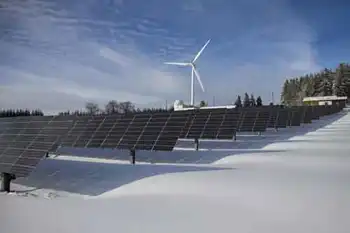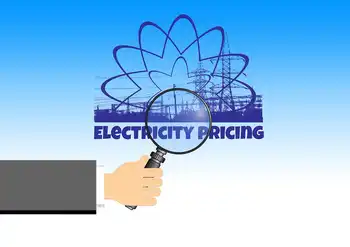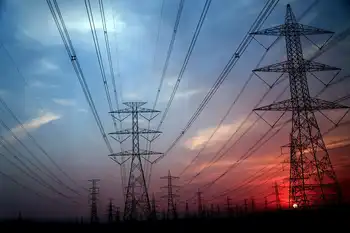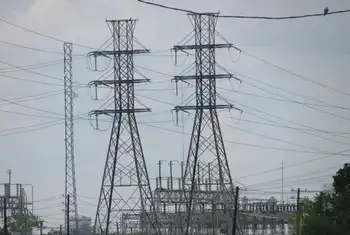No coal for you!
- Joe Biden has joked that the difference between him and Alaska Gov. Sarah Palin is that she's "good-looking." One of the real differences is that Palin wants to develop America's abundant domestic energy resources — all of them.
She cut through red tape to get a pipeline built to supply the lower 48 states with natural gas from Alaska's North Slope.
Biden, Obama and other Democrats want to go through the motions. You can drill here, but not there, and drill where there's no oil. Obama wants to inflate your tires. House Speaker Nancy Pelosi is too busy saving the planet to help her countrymen with their energy bills.
Biden was asked along a rope line while campaigning, "Senator, Senator, wind and solar are flourishing here in Ohio, so why are you supporting clean coal?"
In words that were captured on video by the Energy Action Coalition, Biden responded: "We're not supporting clean coal. Guess what? China's building two every week — two dirty coal plants. And it's polluting the United States. It's causing people to die." He went on to say, "No coal plants in America. Build them, if they're going to build them, over there. Make them clean."
During the primaries, Biden clearly opposed using clean coal technology to maintain or expand America's coal-burning power plants.
"I don't think there's much of a role for clean coal in energy independence," he said. "But I do think there's a significant role for clean coal in the bigger picture of climate change."
So using clean coal to save the earth is fine, but using it to generate America's power is not. It's OK for coal to generate Chinese power for the Chinese economy as long as we help make their power plants clean but don't build any new clean plants here.
Got it?
Biden's remarks were interesting since just three days before, he praised the possibilities of coal to a crowd at the United Mine Workers of America annual fish fry in Castlewood, Va. "You know we have enough coal in the United States of America," he said, "to meet our needs domestically for the better part of the next 100 to 200 years."
In the U.S., considered the Saudi Arabia of coal, a promising clean energy solution is converting coal to liquid fuel. But coal critics oppose that. China, meanwhile, has no such qualms. It has invested $24 billion in large-scale coal liquefaction technology. A nation of over a billion people recognizes the folly of putting food in their gas tanks.
This technology also is in use today in South Africa, where three coal liquefying plants produce about 150,000 barrels of oil a day.
We have roughly 27% of the world's recoverable coal. According to the Institute for Energy Research, coal provides 23% of our total energy and more than half our electricity.
A ton of coal can generate two barrels of synthetic oil. On that basis, as the New York Times pointed out a few years ago, "The coal in the ground in Illinois alone has more energy than all the oil in Saudi Arabia."
At the above conversion rate, America's coal reserves are equivalent to 20 times our proven crude oil reserves. Liquefied coal could solve our liquid energy needs for the next two centuries.
Despite the occasional pandering to voters in states with abundant fossil fuels, Democrats just don't like them.
Speaking on the Fox Business Network, Senate Majority Leader Harry Reid said: "Coal makes us sick. Oil makes us sick. It's global warming. It's ruining our country. It's ruining our world. We've got to stop using fossil fuel."
If the Democrats win in November, the only coal you'll get will be a lump of it in your stocking this Christmas.
Related News
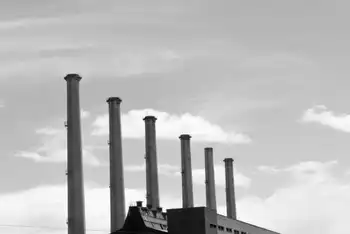
Coal, Business Interests Support EPA in Legal Challenge to Affordable Clean Energy Rule
WASHINGTON - The largest trade association representing coal interests in the country has joined other business and electric utility groups in siding with the EPA in a lawsuit challenging the Trump administration's repeal of the Clean Power Plan.
The suit -- filed by the American Lung Association and the American Public Health Association -- seeks to force the U.S. Environmental Protection Agency to drop a new rule-making process that critics claim would allow higher levels of greenhouse gas emissions, further contributing to climate change and negatively impacting public health.
The new rule, which the Trump administration calls the "Affordable Clean…

